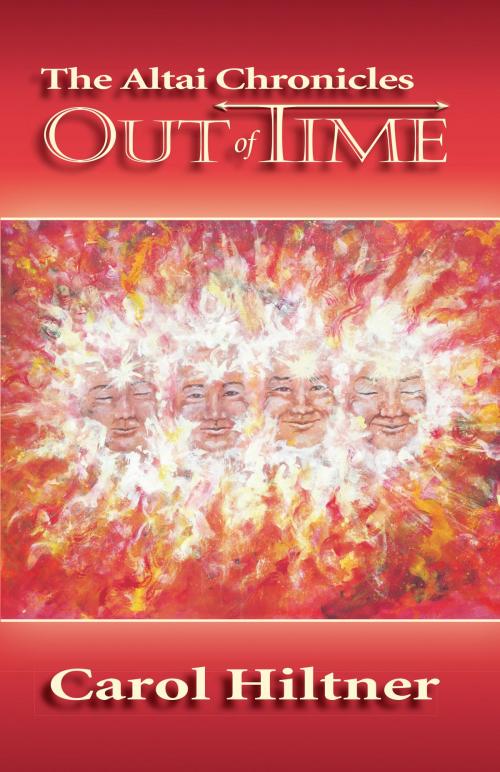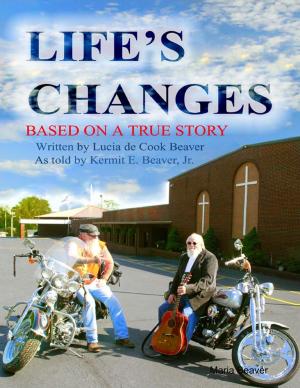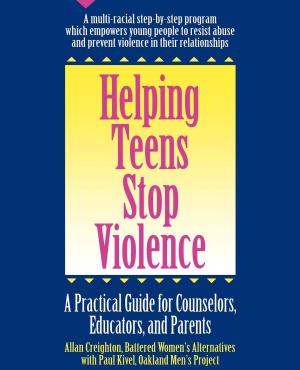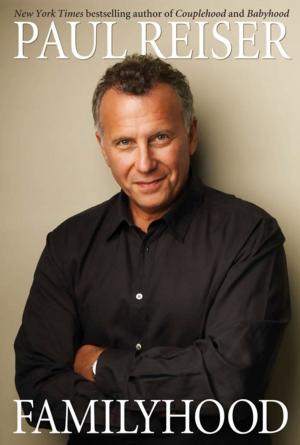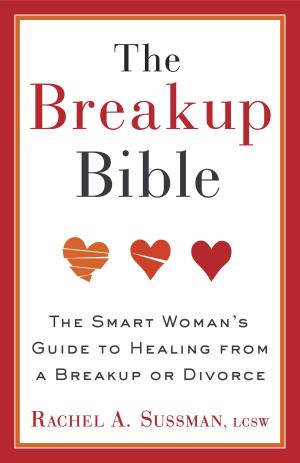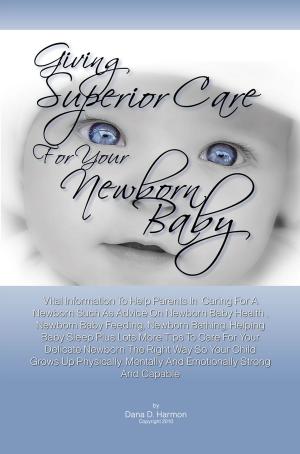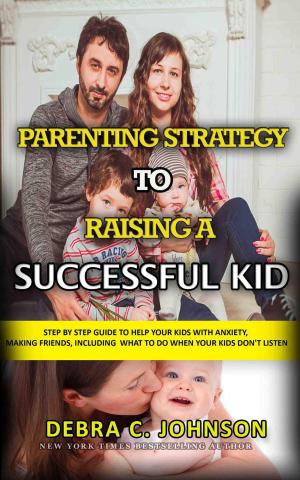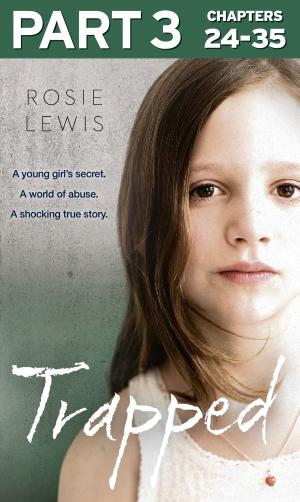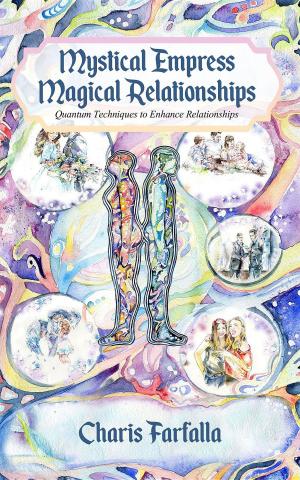The Altai Chronicles: Out of Time
Nonfiction, Religion & Spirituality, Inspiration & Meditation, Spirituality, Family & Relationships| Author: | Carol Hiltner | ISBN: | 9780971307957 |
| Publisher: | Carol Hiltner | Publication: | July 24, 2018 |
| Imprint: | Smashwords Edition | Language: | English |
| Author: | Carol Hiltner |
| ISBN: | 9780971307957 |
| Publisher: | Carol Hiltner |
| Publication: | July 24, 2018 |
| Imprint: | Smashwords Edition |
| Language: | English |
Even my intimate knowledge of the mechanics of it, even my most forceful self-control, even decades of practice with powerful psychological tools, even my love and forgiveness could not stop the juggernaut that was triggered.
Everyone whom I have loved deeply has worn my father’s face at some point, and then, without warning, I would go wild with terror. And I would become him, in all his brilliant, wounded, fiercely passionate power. I would lose myself. I could only watch from the sidelines as the drama he never finished played and replayed through me. It was not the actions, nor even the words, but the horrific emotional intensity that was so devastating.
And I could apologize when it was over, or not apologize because I couldn’t even go there without the risk of losing myself again. And I would agonize over the damage done to those I loved—the grief spilling out of me.
Finally, I just couldn’t bear the pain of it, and I decided in desperation not to allow anyone close to me until something shifted enough to give me hope that I could be in a healthy relationship.
I have now lived longer than my father. I was fifteen when he died suddenly of a heart attack. I didn’t feel grief. I felt only huge relief to be free of him. It was not that I didn’t love him—I did. And I have since learned in many ways how much he loved me.
But he cast a long shadow, as did his father before him, and as do his children and grandchildren, and possibly great-grandchildren. Because, it turned out, I was not free of his pain—I carried it inside me in a huge ball of anguish that has dogged me my entire adult life until now, spilling out destructively onto my most precious relationships.
In 1998, something began to shift: I was invited in a dream to make a sacred quest to the Altai Mountains of Siberia. It seemed so straightforward at the outset. This was something I knew how to do—my whole life had been in preparation, it seemed. And I had some specific tasks to accomplish, so for the first couple years I was distracted—protected from seeing that the real quest was to reclaim myself.
I didn’t see it coming.
Even my intimate knowledge of the mechanics of it, even my most forceful self-control, even decades of practice with powerful psychological tools, even my love and forgiveness could not stop the juggernaut that was triggered.
Everyone whom I have loved deeply has worn my father’s face at some point, and then, without warning, I would go wild with terror. And I would become him, in all his brilliant, wounded, fiercely passionate power. I would lose myself. I could only watch from the sidelines as the drama he never finished played and replayed through me. It was not the actions, nor even the words, but the horrific emotional intensity that was so devastating.
And I could apologize when it was over, or not apologize because I couldn’t even go there without the risk of losing myself again. And I would agonize over the damage done to those I loved—the grief spilling out of me.
Finally, I just couldn’t bear the pain of it, and I decided in desperation not to allow anyone close to me until something shifted enough to give me hope that I could be in a healthy relationship.
I have now lived longer than my father. I was fifteen when he died suddenly of a heart attack. I didn’t feel grief. I felt only huge relief to be free of him. It was not that I didn’t love him—I did. And I have since learned in many ways how much he loved me.
But he cast a long shadow, as did his father before him, and as do his children and grandchildren, and possibly great-grandchildren. Because, it turned out, I was not free of his pain—I carried it inside me in a huge ball of anguish that has dogged me my entire adult life until now, spilling out destructively onto my most precious relationships.
In 1998, something began to shift: I was invited in a dream to make a sacred quest to the Altai Mountains of Siberia. It seemed so straightforward at the outset. This was something I knew how to do—my whole life had been in preparation, it seemed. And I had some specific tasks to accomplish, so for the first couple years I was distracted—protected from seeing that the real quest was to reclaim myself.
I didn’t see it coming.
